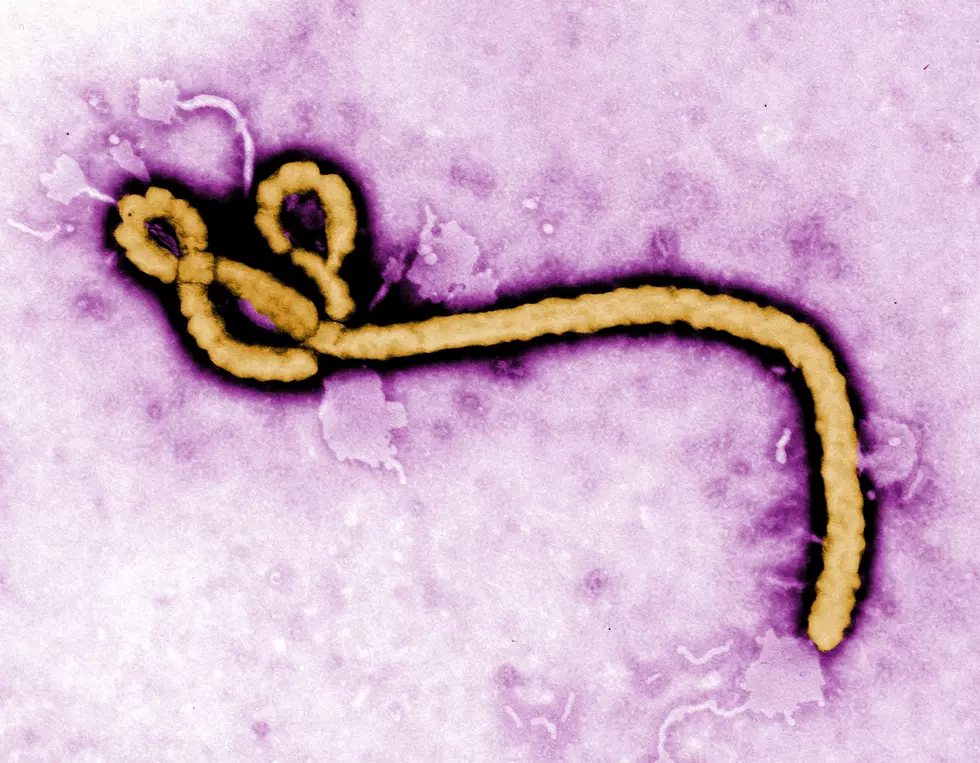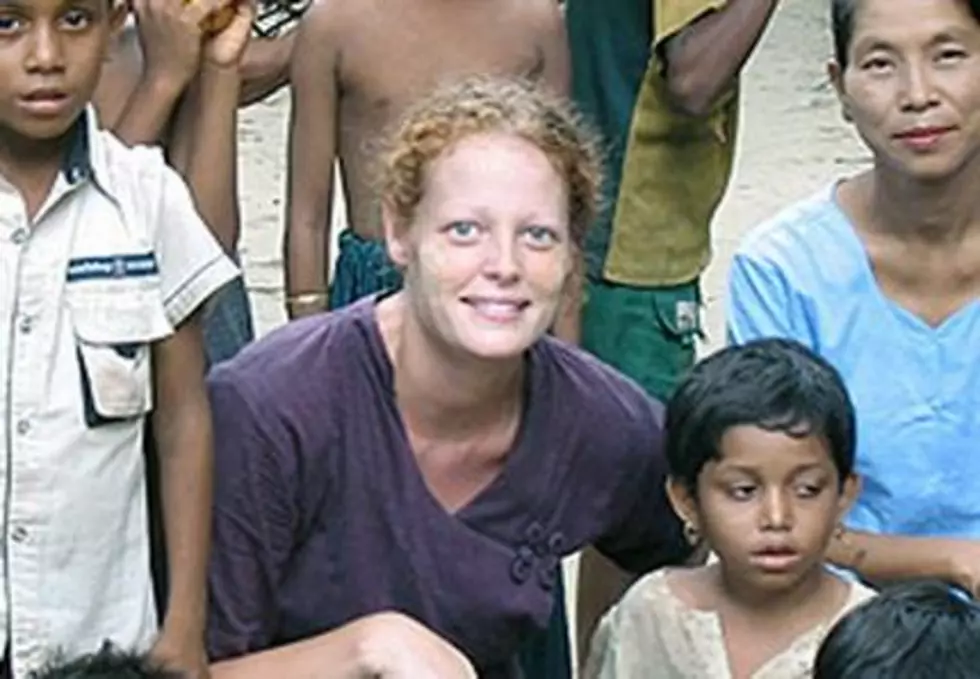
Information seen as key to calming Ebola concerns
The individual admitted to CentraState Medical Center in Freehold a couple of days ago, who was placed in isolation because there were fears the person might have the deadly Ebola virus, has been released from the hospital.
In a statement issued late Wednesday, Medical Center officials said the patient was rapidly getting better, so a "no known risk" classification was issued, and the person was sent on their way without even getting tested for the virus.
Meanwhile, many Garden State residents remain on edge about Ebola.
"It's critically important for officials to continue to reach out and educate the population because people's natural response to something they've never encountered before is to panic. We flee, which people did during yellow fever outbreaks historically - a third of a population of a city might just run away," said Dr. Janet Golden, a Rutgers Camden Medical History professor.
She said "the other thing we might tend to do is to discriminate against certain people, suspecting that they have it."
Golden said when we had a bubonic plague outbreak in Chinatown around the turn of the 20th Century, everybody in Chinatown was quarantined, even though it turned out it wasn't Chinese people who were spreading the plague, it was rats.
She stressed instead of giving into our fears, "what we really have to do in times like this is get solid information from experts."
Golden also said good public health precautions are always essential.
"If you feel sick seek medical attention; if you're around someone who's sick, make sure they get medical attention, it's pretty basic," she said.
She said an info-graph is available on the CDC website, to give people a lot of information about Ebola, and hopefully people will use it and share what they learn with family, friends and co-workers.
Golden also said no matter what kind of infectious disease outbreak we're talking about, remembering basic hygiene is important.
"One of the things people always have to be reminded of is to wash their hands," she said. "Surprisingly, the easiest thing you can do for yourself is to keep washing your hands, whether we have a SARS epidemic, or an avian flu or anything else."
More From New Jersey 101.5 FM









